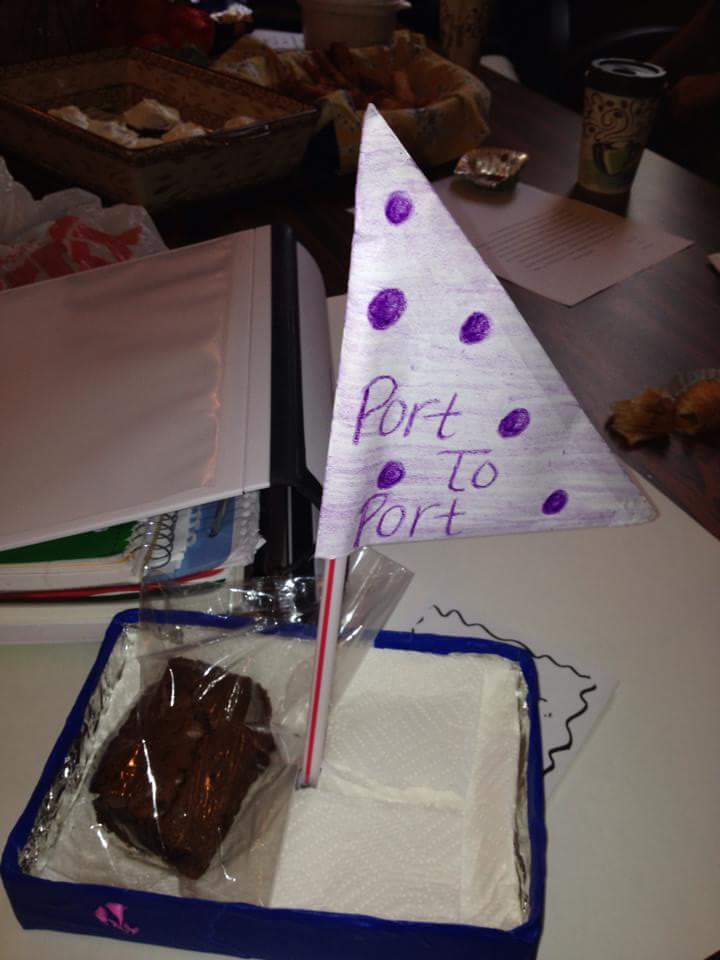Port to Port embodies the innate pull of the human soul to seek, to learn, and to wholeheartedly experience all the world has to offer.
Place-Based Learning
How do you define culture? How do you define history? How do you map the world? Not with pages in a textbook or latitude lines on a map, but with stories. The stories that are compacted within the weathered brick of a Revolution-era building or the newly-painted hull of a plucky fishing schooner. These stories may be locked behind a glass case in a museum, or in the mind of a traveller just waiting to share all they've seen. Stories are told to people and come from places; Port to Port grounds its students in whatever place they are in so as to allow them an immersive learning experience.
Port to Port recognizes us all as travellers, whether we've been to all seven continents or never ventured out of our hometown. Each student with each journal entry and artwork, each person who comes into the class to speak, and each place the class visits tells a story in one way or another. By telling their own stories, and listening to those of others, Port to Port gives people a wholly personal understanding of the world and its history, one which they carry on through the rest of their education and lives.
“The real voyage of discovery consists not in seeking new landscapes, but in having new eyes.”
An intersection of disciplines
- Art: students learn about art history and how it influenced and was influenced by the happenings of the artist's era; students also create their own art work and sketches
- Food: students engage directly with the spice trade, and using a family recipe they make and bring in their own dishes to share with the class in an annual "Enlightenment Tea"
- Science: students learn about the great scientific minds of the past and present, from Copernicus to Galileo to Torricelli. Using the methods of these pioneers, students even create their own sextants and navigation devices and may dress up as one of these individuals when they attend the Enlightenment Tea
- Economics: students choose a major port from around the world and analyze the elements that make that particular port monetarily successful; students recognize the role of business and economics in the wellbeing of a society
- Culture: students dive deep into cultures both local and foreign; for their port projects students study the ways people live in different countries, and in the cultural melting pot of New Bedford students listen to speakers from different backgrounds relay their stories firsthand
- Government: students learn about various forms of government and their development throughout history, from democracy to autocracy, and even play the parts of feudal lords and their subjects in class exercises
- Place-based Learning: students use their home city of New Bedford as a case study for how ports work. New Bedford, with its rich history, bustling harbor, multiple cultures, and continual development, is the perfect microcosm of the world for students to get to know



